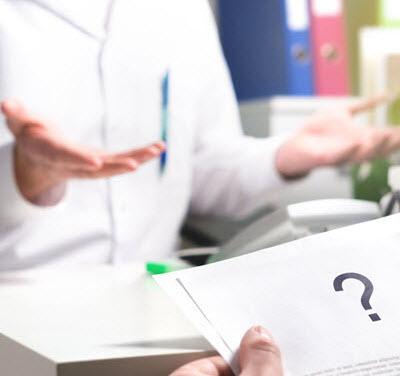 Problem, what problem?
Problem, what problem?
I’m curious about what’s going on in your life and how I can help.
The more I understand about your unique situation, the faster we can start getting you back on track. Share only what you feel comfortable with and feel free to ask questions as well.
Sharing what’s been going on in a safe, supportive space can be liberating and is the first step in the journey of self-discovery.
Creating a road map
By definition, a clinical assessment is a way of evaluating a person to find out what is wrong and aids in planning the course of treatment to resolve it.
A licensed therapist or doctor will use this to create a diagnosis to establish medical necessity to treat and to submit to insurance companies for billing.
There are many types of psychological assessments, all of which have their own strengths and weaknesses.
 My approach to change is strength-based.
My approach to change is strength-based.
We begin with the assumption that you have certain natural resiliencies that we can harness to reduce risk and increase effectiveness.
I use an assessment tool developed by The American Society of Addiction Medicine (ASAM). It’s generally considered the Gold Standard of addiction assessment criteria.
I’ve used other assessment tools and will always prefer the ASAM, because it’s designed to easily evaluate change on an ongoing basis. This helps us measure progress as well as reinforce positive change.
 How important is an evaluation?
How important is an evaluation?
It’s completely important if you’re looking at a hospital admission or insurance billing. It needs to be the first thing that happens before you even pass Go.
It’s unhelpful if it makes you feel stigmatized, labeled, or otherwise compromised. One of the key elements in traditional interventions is the absolute, unwavering fact that you have to “admit you’re a (fill in the blank)” before you even get started.
Many people are uncomfortable with this idea but go along with it, because it’s a requirement.
But it may not be an essential part of your ongoing recovery.
Clinical diagnoses can be subjective, and there have been known discrepancies by even the best trained clinicians. They may even be changed throughout the course of a person’s medical history.
“Admitting” to a problem without truly believing it has all the energy of a forced apology. Part of an ongoing assessment is how you see the change process working in your life. “Admitting it” is optional.
One of the benefits of self-pay is that there is no documented chemical dependency diagnosis or record of addiction treatment on your “permanent record.”
I will create a provisional diagnosis for my own records and share this with you along with any other diagnostic impressions I have.
 The Plan
The Plan
The assessment should ultimately serve as the map to the plan of action. That is, a specific and strategic method to arrive at your outcome.
A SMART (Specific, Measurable, Achievable, Realistic, Time limited) plan is helpful, but risks becoming bogged down in details and difficult to change mid-course.
Since it’s your plan, I’m open to whatever is going to be effective. This includes vision boards, satisfaction scales, journaling, or a combination. We aren’t limited to an electronic form or what your insurance dictates.
Into Action
A brief conversation will let us both know if this is a good fit for you.
Call (916) 382-2412 today to schedule your initial consultation.

